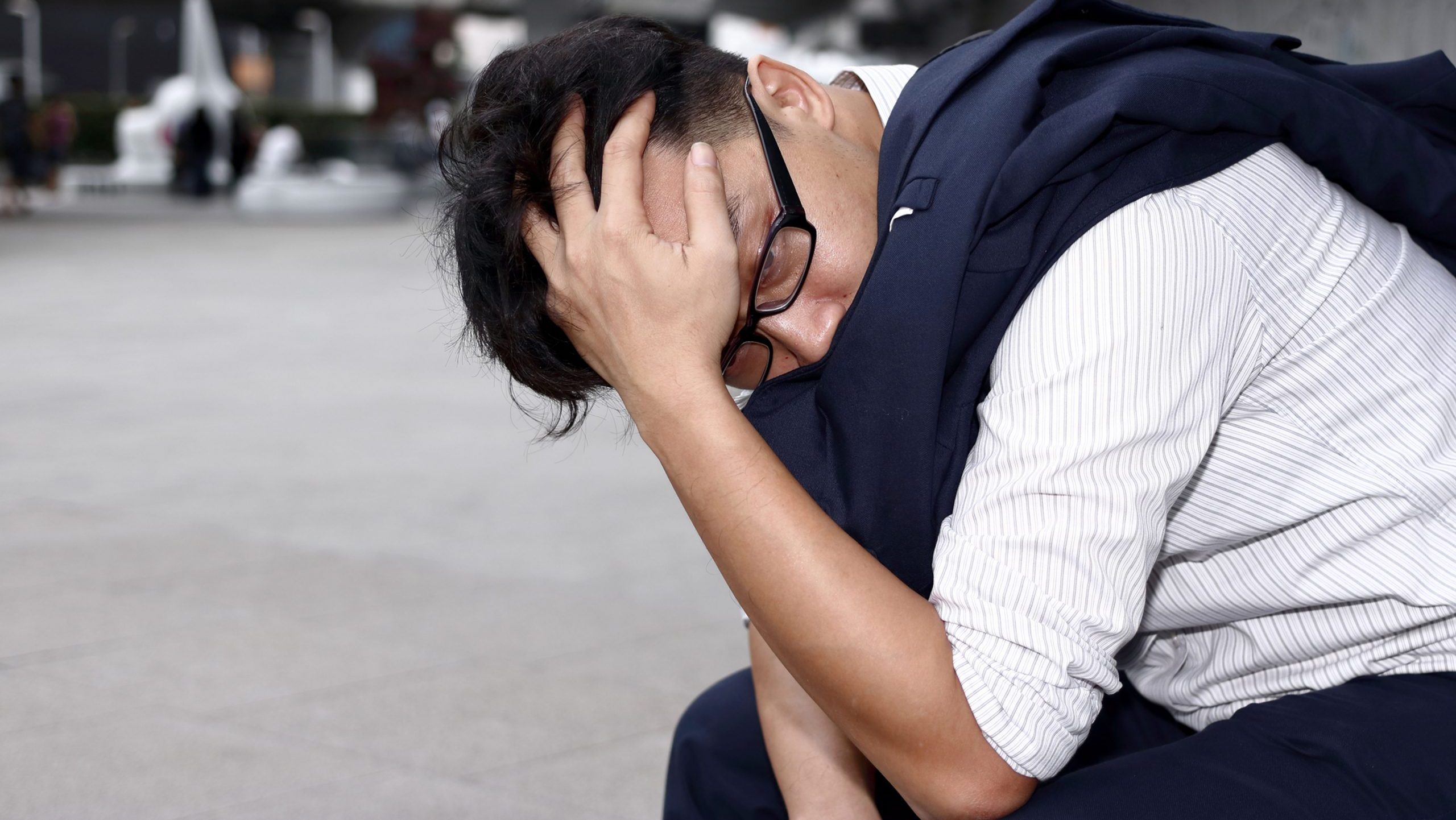SINGAPORE: A recent survey conducted by the Centre for Research on Successful Ageing (ROSA) at the Singapore Management University (SMU) has revealed a concerning financial trend among Singaporeans.
According to the study, one-third of the respondents believe they lack sufficient savings to cover at least six months’ worth of living expenses.
The survey, which engaged around 4,000 Singaporeans, was carried out over a period from May 2023 to February 2024.
The findings underscore the financial vulnerability faced by a significant portion of the population. The survey also highlighted differing perspectives on what constitutes essential household needs.
For instance, while all respondents unanimously agreed that refrigerators are a necessity, views on air conditioning varied significantly.
Among high-income respondents, 70% deemed air conditioning essential, compared to less than half of low-income respondents who cited high electricity costs as a deterrent.
Entertainment preferences also showed a clear divide. Over 80% of participants still regard television as a household necessity, especially in homes with elderly members, favouring it over paid streaming services.
Meanwhile, 56% of respondents emphasized the importance of annual vacations to Southeast Asian countries, citing benefits to their physical and mental health and the need to escape the confines of the small island nation.
Speaking at a seminar on family needs in Singapore, Masagos Zulkifli, Minister for Social and Family Development, emphasized the government’s commitment to ensuring citizens meet their daily needs.
He noted that people have different views on what needs are essential, especially options beyond just making ends meet and that it is not easy to come up with a clear list of necessities that everyone accepts.
Pointing to a recent Institute for Policy Studies (IPS) study that also explored public opinions on basic needs, the Minister pointed out that the survey indicated that over half of the respondents felt that costs related to social and leisure activities should be self-funded, while medical care and childcare expenses should be covered by the government.
However, when questioned about potential solutions such as raising taxes or reallocating existing resources, only 20% supported tax increases. There was, however, no consensus on how to reallocate government spending, Mr Zulkifli said.
/TISG

